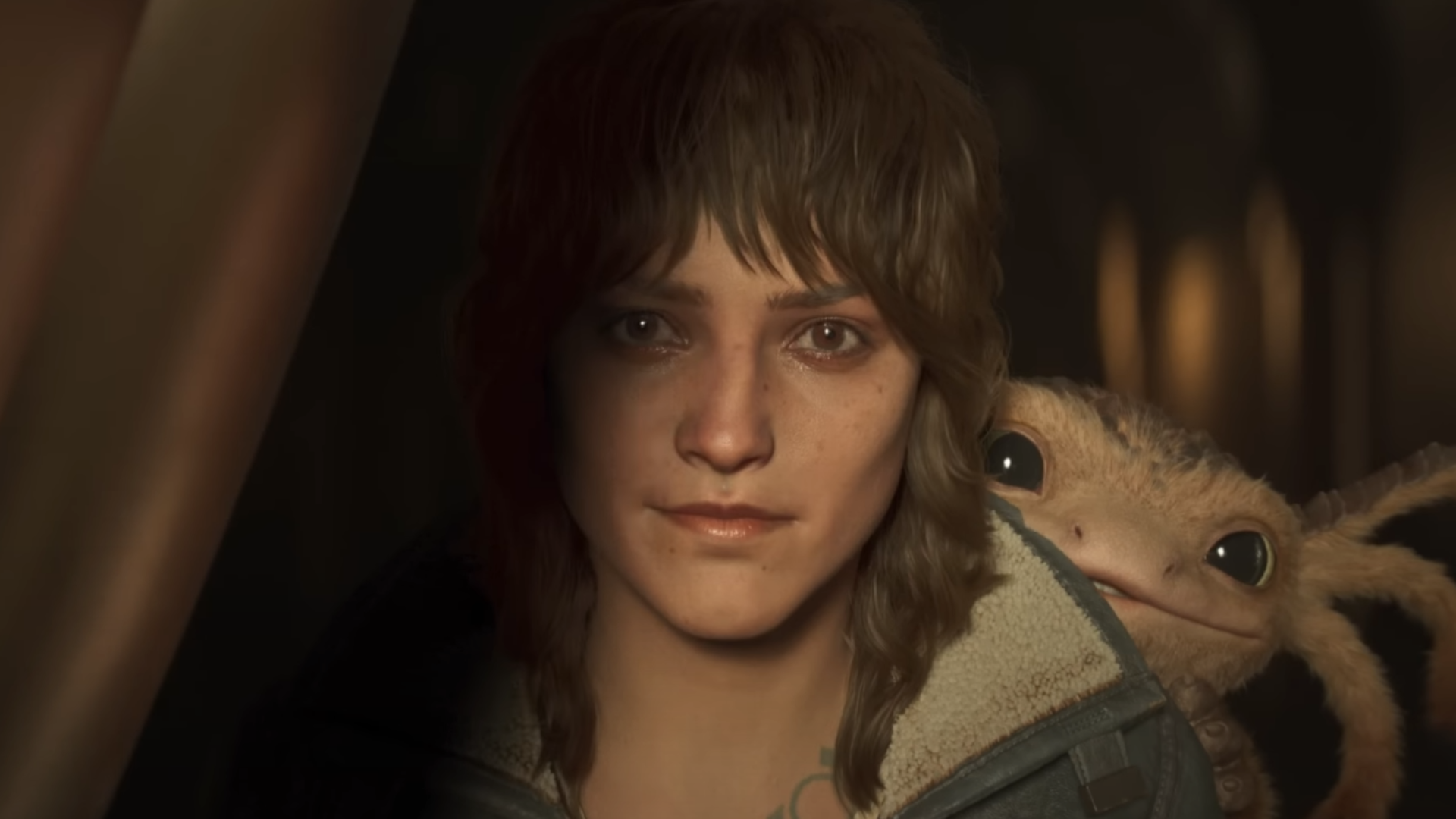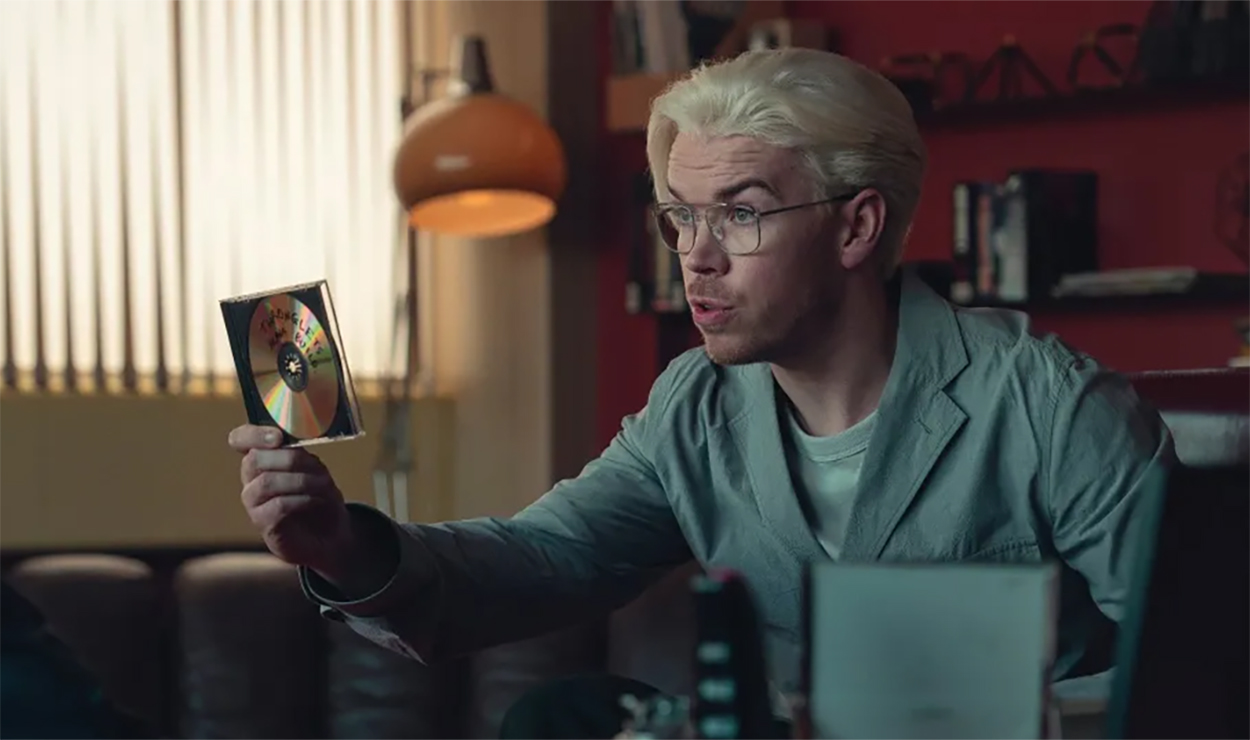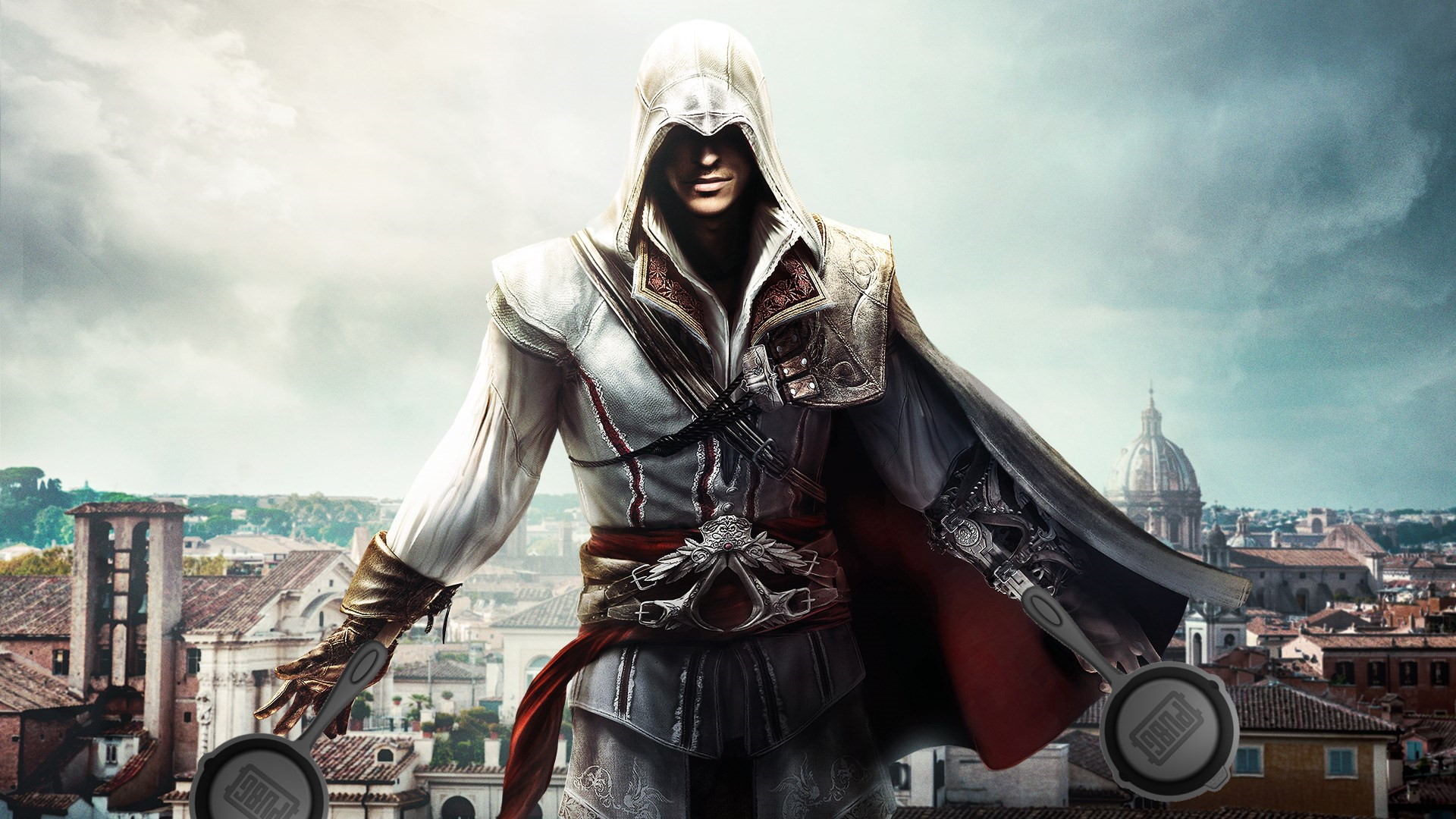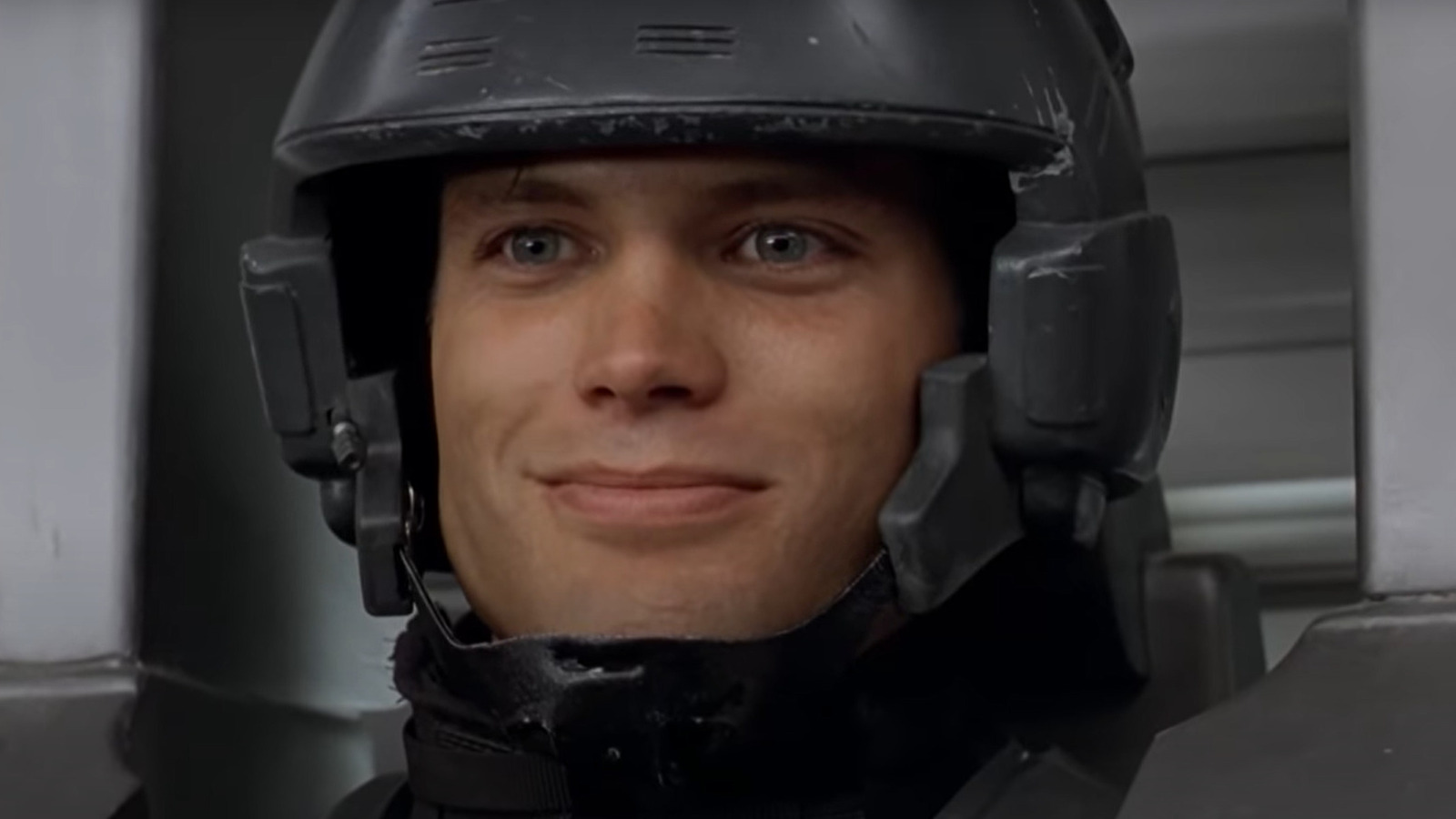
"All we can do is make the best game possible."
Star Wars Outlaws is almost here, and you know what that means: It’s nearly time to crouch-walk your way into saving the galaxy and—so says our own Morgan Park—actually have a pretty good time doing so.
But Star Wars Outlaws features a woman as its protagonist, which means it’s also time for the strangest corners of the internet to spin up some of the most baffling discourse they can. In this instance, a minority of very loud commentators have complained that devs have made Outlaws’ protagonist Kay Vess deliberately unattractive in order to further some kind of progressive political agenda. Somehow. Perhaps Ubisoft character designers are the engineers of the human soul.
It’s as bizarre a claim here as it was when certain segments of the internet were getting very heated about the appearance of Aloy in Horizon Forbidden West. More accurately, the appearance of Aloy in a screenshot taken at the most unflattering angle possible, which is then treated as representative of the character as a whole (which is also what’s being done to poor Kay Vess). Fortunately enough, Outlaws’ team has zero time for it. In a chat with The Washington Post, Star Wars Outlaws creative director Julian Gerighty said the discourse “makes no sense” and is “not worth engaging with.”
“Kay is meant to be approachable,” says Gerighty, describing her as a petty thief making bad decisions with a core of “humor, humility, and toughness, that’s what’s important to me. And she’s beautiful, come on.
“If you engage with bad faith people,” continued Gerighty, “there’s no nuance and no possibility of real dialogue.” His conclusion? “All we can do is make the best game possible.”
Which is, I gotta say, almost certainly the correct approach, and makes me wonder why other parts of Ubisoft thought it was a good idea to pour fuel on a bad-faith fire with a statement about the so-called “authenticity” issues in Assassin’s Creed: Shadows last week. Who knows—perhaps it was the company’s experience with that announcement that convinced it to abandon addressing these tedious criticisms at all.






